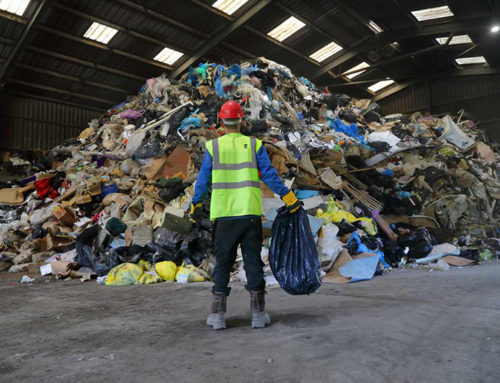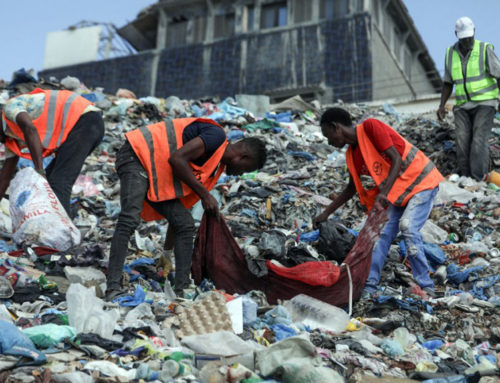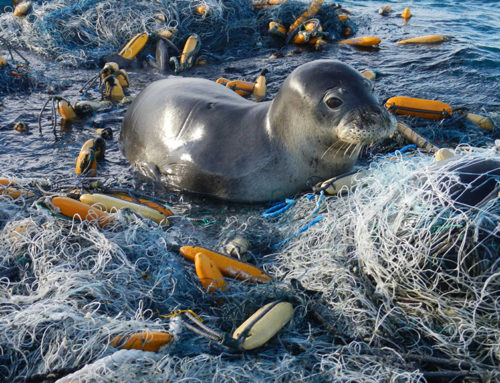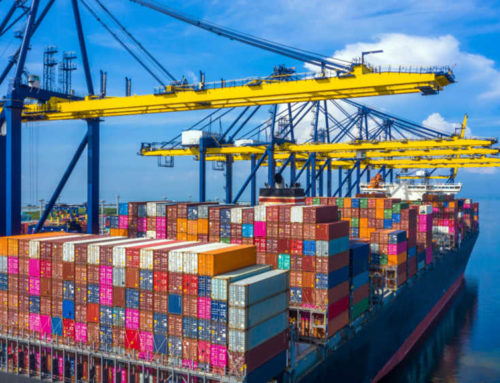A staggering 21 million tonnes of plastic pollution infiltrated the global environment in 2022, as revealed in an interim report by the Organisation for Economic Co-operation and Development (OECD). This alarming disclosure comes just days before the commencement of the third session of the Intergovernmental Negotiating Committee on Plastic Pollution (INC3) in Nairobi, Kenya, from November 13-19, 2023, where world leaders aim to forge an international binding agreement on plastic pollution.
The report, titled “Towards Eliminating Plastic Pollution by 2040: A Policy Scenario Analysis,” delivers a stark message: business as usual is untenable. Under the baseline scenario, if plastic usage continues to grow unchecked, the leakage of macroplastics into the environment could increase by 50 percent by 2040, resulting in a staggering 30 million tonnes of plastic entering the environment, with 9 million tonnes finding their way into aquatic ecosystems.
The report serves as a clarion call for governments and policymakers, offering a comprehensive roadmap to tackle the plastic pollution crisis by curbing production and demand, enhancing circularity, closing leakage pathways, and boosting recycling rates. It emphasizes that the environmental, climate, and health consequences of escalating plastic use and waste volumes are dire.
Highlighting the urgency of the situation, the report suggests that even moderate international alignment of policy approaches can yield positive outcomes. Stabilizing primary plastics use at 2020 levels by 2040, while still significant, could be achieved, with leakage reduced to 12 million tonnes in 2040. However, the report advocates for more ambitious action, proposing that global efforts could cut plastic waste generation by a quarter below the baseline, virtually eliminating mismanaged waste and reducing leakage to 1.2 million tonnes in 2040.
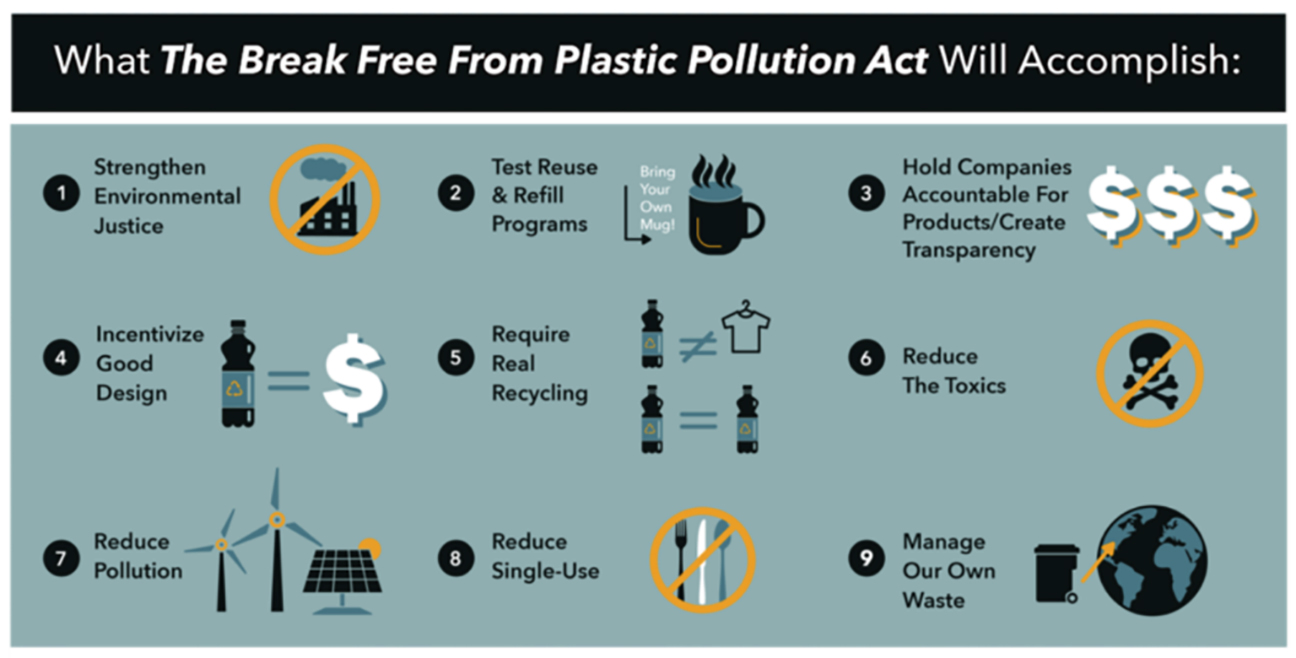
While acknowledging that ambitious policy action would incur costs equivalent to 0.5 percent of global GDP in 2040, the report emphasizes the importance of considering these costs in the context of vastly improved environmental outcomes. It underscores the need for a comprehensive approach, combining both upstream and downstream measures, to limit the costs of the transition.
The report points out that the largest costs, as a share of GDP, are projected for fast-growing countries with less advanced management systems. It suggests investments exceeding $1 trillion between 2020 and 2040 for waste collection, sorting, and treatment in non-OECD countries. This underscores the necessity for international cooperation to address financial needs and ensure an equitable distribution of costs.
In conclusion, the interim report emphasizes the formidable challenges in eliminating plastic leakage by 2040, including the need for recycling breakthroughs and scaling up international markets for scrap and secondary plastics. As the negotiations for an international treaty on plastic pollution unfold, the report underscores the need for evidence-based decision-making to combat the escalating threat posed by plastic pollution.


